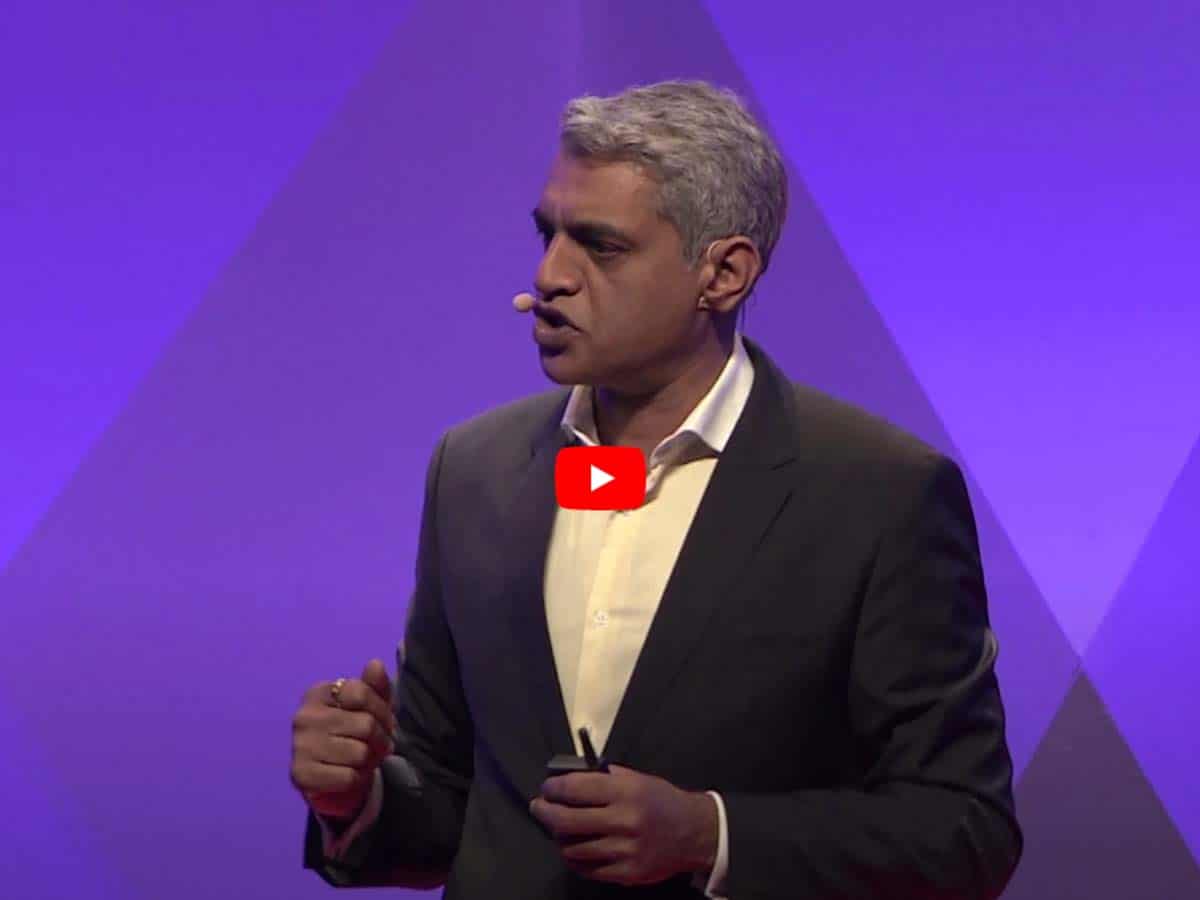Although, held almost three years ago, his TedTalk is very much related to today’s biased media.
Capt. Raman started his TedTalk by narrating two incidents. The first one was from 22nd of July 2011, when a very powerful car bomb went off just next to the Prime Minister’s office in Oslo. Eight people were killed instantly, and hundreds were injured in this incident.
Simultaneously another attack took place after a couple of hours in a school’s summer camp where more than 69 people were shot dead including personal friends of the prime minister and some other members of the royal family. Because of some assumptions, the needle of suspicion moved towards Muslim Jihadist and terrorist organisations like Al-Qaeda, etc.
Andes Berwick, he was a Norwegian and he hated Muslims
But Ironically, it was the handiwork of one man whose name was Andes Berwick, he was a Norwegian and he hated Muslims. He was actually protesting against the multiculturalist and multi-racial policy of the Norwegian government.
When people read these words in the news like Al-Qaeda, Jihadist, their minds accepted that it was the work of Muslim terrorists. Whenever similar incidents take place, peoples’ mind always assumes that it is the work of a particular organisation. This is called stereotype writing.
This is how our pineal brain works. It accepts the information without drilling down into reality. Because of the wrong messages and information peoples’ mind jumps to the wrong conclusions.
Saleem Durrani’s Story
Raman’s next story was about a man by the name Saleem Durrani, he showed his picture on the screen–a young man with a beard and long hair who seemed to be a Muslim terrorist. Raman says Durrani had many names as he operated in the valley for about ten years. Crossing the country’s boundary was never a problem for him. He had a price on his head, Durrani was personally responsible for the death of 3 to 4 dozen young men. He was also a devout Muslim who prayed 5 times a day, he always had his AK47 next to him like a warrior. He would never sleep twice in one place, not for two nights in a row.
Raman’s description about Durrani left no doubt on audience mind that he was a Muslim terrorist, because of the words they heard like Muslim, prayed 5 times, AK47 and his name itself – Saleem Durrani
Later Raman discloses that Durrani was not a terrorist but his colleague from the Indian Army who served as a Major in the valley. His father and grandfather served in the Indian Armed Forces as officers. Saleem Durrani holds 6 gallantry awards and 2 recommendation cards. His son also intends to join the Indian Armed Forces.
Hence, Capt. Raman tried to prove that how stereotyping is killing us.
He says, our brain revolves among billions of billions of evolutions and seems incapable of dealing with hundreds of inputs that come to us every second. So our mind filters them out into certain types of patterns and absorbs these patterns and jumps to a judgement.
He further adds, because our mind physiologically changes to negative thinking, our biological behaviour changes as well. He gives the example of the movie “Black” starred by Amitabh Bachan and Rani Mukherjee. Raman asks, how many of us have cried during the movie. Why? Although Amitabh Bachan is making tons of money, Rani Mukherjee is not blind at all. That was happening on the screen, none of it is true. We still cry because our pineal brain (the subconscious or the back of our mind) did not realise the difference between fact and fiction.
Capt. Raman says stereotypes can be extremely dangerous
Capt. Raman says stereotypes can be extremely dangerous. People get lynched by mobs because they are made to believe that there is a wrong kind of meat. Communal riots break out based on wrong WhatsApp messages and Photoshopped images. Countries go to war because “they think” another country is having weapons of mass destruction. Countries leave alliances, that they are part of since decades “thinking” that immigrants are stealing their jobs, which is incorrect information. We start looking at every stranger with suspicion and we think anything that is different from us is dangerous.
One of the founding principles of our country is the core value of tolerance–tolerance is like wisdom. It is the ability to hold two contrary ideas within the same mind and evaluate each one on a merit basis before coming to a conclusive judgement.
Raman says, “Before this talk, I was researching on the working of the brain and stereotyping. I found many books but it was hard to find a book on how to solve this problem . . . finally, I found a book from which I will read a passage from it.”
He read out a passage from the book which goes like this:
“It shall be the duty of every citizen to promote harmony and the spirit of brotherhood among all people of India, transcending religion, linguistic, regional or sectional diversity.”
The book is none other than the constitution of India and the above paragraph was article 51 A.
Capt. Raman says, “It is that book that is holier than any holy book; that every soldier, every politician, every bureaucrat, every citizen of India swears his allegiance. We were taught to stand up in attention whenever the national flag is unfurled and we teach that to our kids — to stand up and be in attendance whenever the national anthem is played. I think it is also time for us to sit down and start studying the fundamentals which have been represented by that flag and by the national anthem.”
Captain Raghu Raman served eleven years as an officer in the Indian Armed Forces and later joined as CEO of the National Intelligence Grid for the government (NATGRID).


